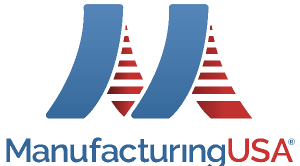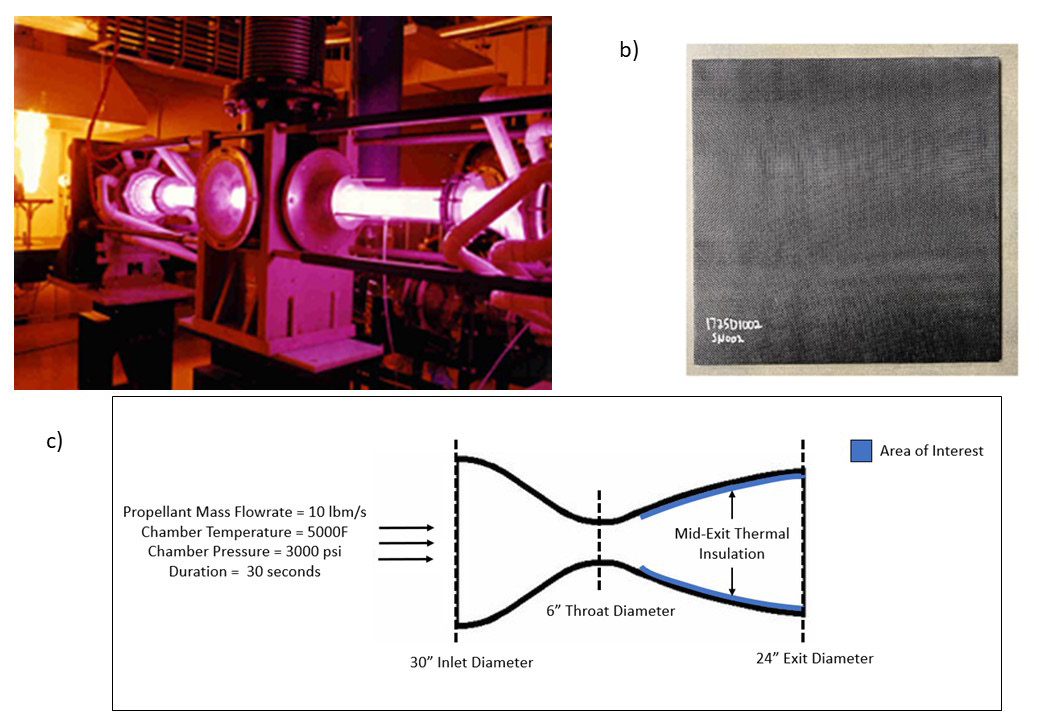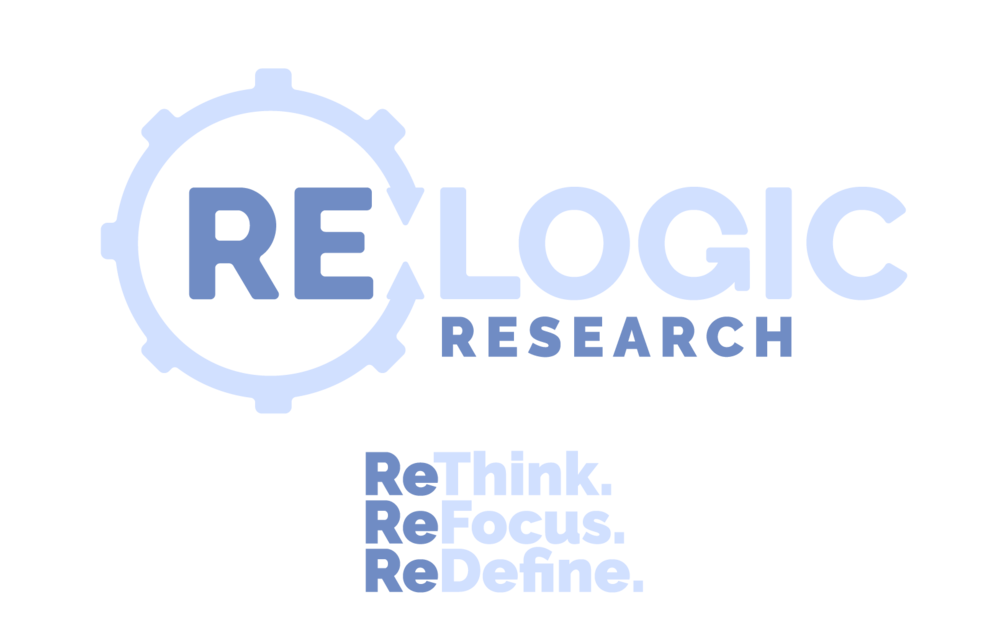


A) Laser Hardened Materials Evaluation Laboratory testing in progress
B) Sample test material panel
C) Notional Rocket Motor Nozzle Schematic
Problem
Rayon-based fibers continue to be the industry standard for ablative and non-ablative insulators in propulsion applications, e.g., nozzles. In recent decades, environmental constraints have limited availability since rayon is no longer domestically produced. Many aerospace programs have stockpiled heritage material or utilize foreign sources. This presents a critical supply chain issue as high-speed systems prepare for production scale-up. In addition to this critical supply chain issue, the state of competition within the Defense Industrial Base (DIB) for the solid rocket motors sector is declining; further increasing the risk to our national security interests.
Objective
The overall objective of this project is to identify two low-cost, domestic material supply chains that have demonstrated robust technical performance and manufacturability for solid rocket propulsion flight systems.
Technical Approach
ReLogic Research will lead this project effort to down-select materials for higher fidelity to contribute to future efforts on the T-300 UHTR and Renegade materials. Materials will then be fabricated for characterization.
In addition, material characterization will quantify ablative performance in a relevant propulsion environment using the laser-hardened material evaluation laboratory. Thermomechanical property testing and analysis contributing to the understanding of mechanical properties as a function of temperature will be performed. Information regarding heat capacity, thermal diffusivity, thermal conductivity, and coefficient of thermal expansion will also be collected.
ReLogic’s suite of internal software for ablative nozzle analysis will enable detailed prototype design. This software will be leveraged to couple thermos-chemical analysis codes with the commercial 3D Finite Element Solver Abaqus to update the finite element analysis model. This will ensure the development of a prototype that meets performance requirements for fabrication and testing. Coatings will be applied to the down-selected materials and screened. Materials that may exhibit a shape-stable response will be researched and a plan for screening and characterization will be provided for future phases.
Project Participants
Project Principal

Other Project Participants
- NCDMM/America Makes
- Blue Force Technologies
- United Protective Technologies
- Southwest Research Institute
- Kratos Southern Institute
Public Participants
- U.S. Department of Defense
